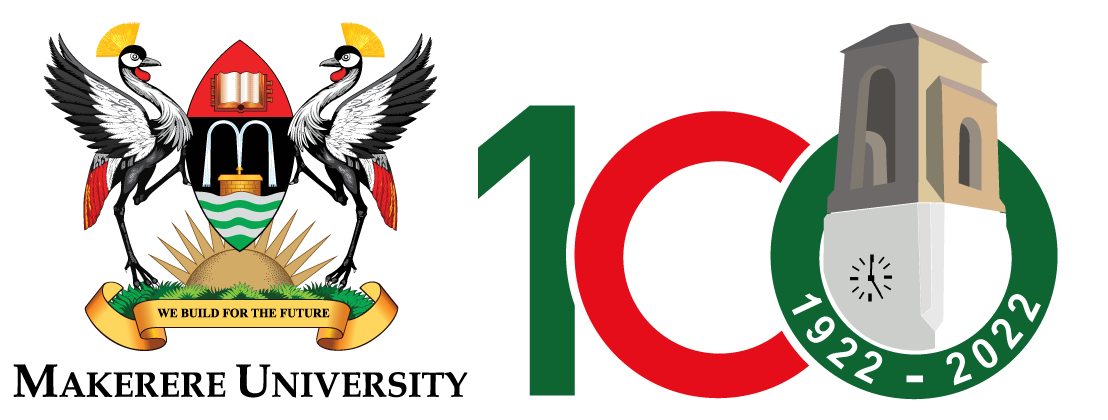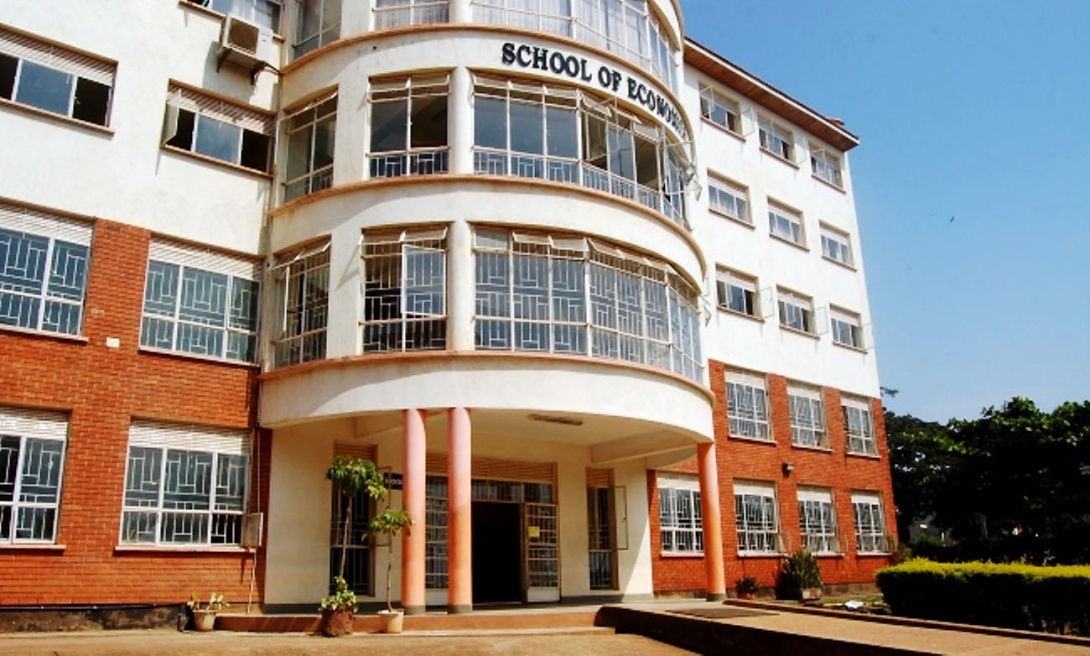The Dean Makerere University School of Economics, College of Business and Management Sciences (CoBAMS) invites you to Mr. Ahabwe Godfrey Pereza’s PhD defence.
Title of Thesis: “Household Energy Demand in Uganda”.
Date and Time: Monday 26th June 2023 at 9:00 AM to 12:00 PM EAT.
Supervisors
Prof. Bbaale Edward
Dr. Oryema John Bosco
Abstract
Household fuel energy access and use efficiency are areas thinly researched in sub-Saharan Africa and Uganda in particular. Previous studies have emphasized the role of prices and income as drivers of household clean energy demand but few have explored the relationship between household energy demand and household socioeconomic and demographic characteristics. In Uganda, despite reduction in poverty levels, favourable policy interventions, and modern technology availability, clean energy uptake is low.
This study analyses the determinants of household fuel energy access and levels of use efficiency using Uganda National Panel Survey data of 2009/2010, 2010/2011, 2013/2014, and 2015/2016. Two econometric approaches were used to examine energy access and energy use efficiency namely; the Random Effects Probit and Stochastic Frontier models.
Results revealed presence of both the energy ladder theory and fuel stacking. Tenure and type of dwelling, level of education, household size, stock of electrical appliances, improved technology, and proximity to grid electricity significantly influence access to modern clean energy. The rural and urban households’ access to clean energy differ largely in magnitude. The eastern region of Uganda was found to be the most unlikely to access clean energy relative to the central region.
Household energy use in Uganda is largely inefficient. The major influencing factors of levels of fuel energy efficiency in all the models are household income, own prices, household size, higher levels of education, permanent dwellings whether owned or rented, and use value of the fuel. There are also significant urban-rural and regional differences in fuel energy use efficiency relative to the central region.
The policy recommendations include support for households to purchase affordable clean energy in form of a price subsidy and improving the capacity of households to earn high incomes such that construction of permanent residences is encouraged for clean energy uptake. Lowering the cost of construction materials is also recommended.

